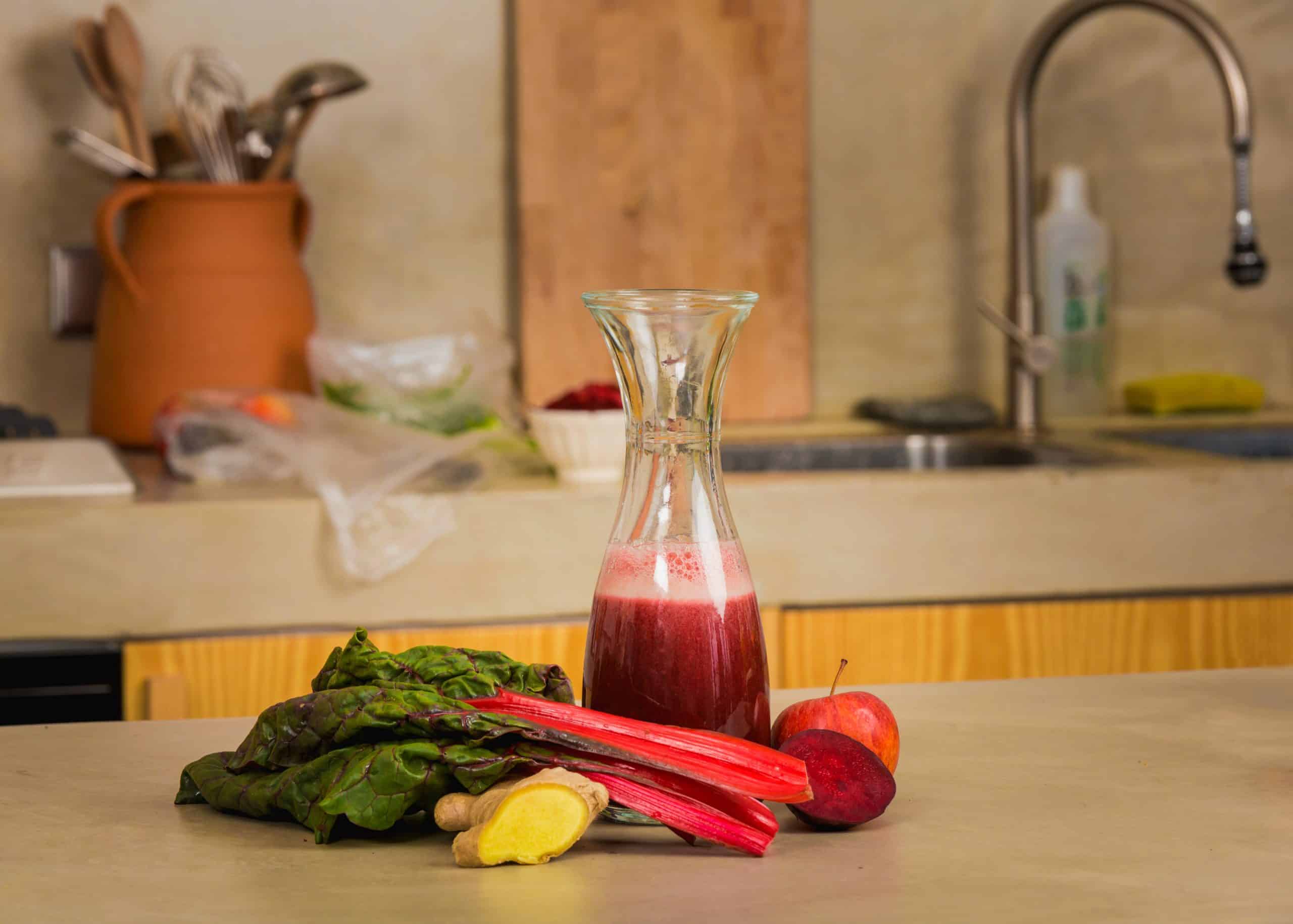How to Design a Nutritious Meal Plan for a Dog with a History of Pancreatitis?

As pet lovers, it’s heart-wrenching to see our beloved companions suffer from any health condition. One such condition that could affect your dog is pancreatitis. The pancreas plays a crucial role in the everyday life of your dog. It produces enzymes that aid in digestion and hormones to regulate blood sugar. When your dog is diagnosed with pancreatitis, this organ becomes inflamed, causing discomfort and pain. Tailoring a diet to minimize the strain on the pancreas and promote recovery is paramount. So, how can you design a nutritious meal plan for a dog with a history of pancreatitis? Let’s explore.
Understanding Pancreatitis and Its Dietary Implications
Pancreatitis in dogs can be acute or chronic, with various levels of severity. Acute pancreatitis is a sudden inflammation, while chronic pancreatitis is long-term inflammation that can lead to permanent damage. Regardless of the type, managing pancreatitis often revolves around feeding a low-fat diet.
Cela peut vous intéresser : Can You Train a Cat to Perform Agility Tasks Comparable to Dogs?
Lowering dietary fat is crucial because pancreatic enzymes, which are released any time your dog eats fat, can further inflame the pancreas. Therefore, a low-fat diet helps to reduce the number of enzymes the pancreas has to produce, giving it the much-needed rest and recovery time.
Choosing the Right Foods
When looking for foods to feed your dog with pancreatitis, go for those that are low in fat but highly nutritious. Lean meats such as chicken, turkey, or fish can provide necessary protein without an excess of fat. Carbohydrates are also important; sweet potatoes, pumpkin, and oats are healthy choices. Low-fat dairy products such as cottage cheese can be a good source of protein and calcium.
Avez-vous vu cela : What’s the Best Method for Teaching a Dog Recall in a Distracting Environment?
While it’s crucial to focus on low-fat foods, it’s equally important to ensure that you’re meeting your dog’s caloric needs. Dogs with pancreatitis tend to lose weight, so you must feed them enough kcal to maintain a healthy weight.
The Role of Veterinary Prescription Diets
In some cases, your vet may recommend a prescribed diet. These diets are specially formulated to be low in fat and easy to digest, ensuring minimal strain on the pancreas. They often come as canned food or dry kibble, depending on your dog’s preference.
Though these diets can be more expensive, they are scientifically designed for dogs with specific health conditions. They are nutritionally balanced and will provide all the essential nutrients your dog needs to heal and thrive.
Homemade Diets: A Viable Alternative?
Some pet owners may opt for homemade diets to control the quality and quantity of ingredients. While this is a viable option, it requires a strong understanding of canine nutrition to design a balanced meal. This is especially true when dealing with a disease like pancreatitis, where improper feeding can lead to a flare-up of symptoms.
If you decide to go this route, consult with a veterinary nutritionist to ensure that the homemade diet meets all the nutritional requirements of your dog. They can guide you on appropriate recipes and portion sizes.
Regular Feeding Schedules and Portion Control
Our final point of discussion is feeding schedules and portion control. Dogs with pancreatitis should be fed smaller, more frequent meals throughout the day. This approach helps to regulate the production of digestive enzymes, preventing sudden spikes that can exacerbate pancreatitis.
Portion control is equally important. Overfeeding can lead to obesity, which is a risk factor for pancreatitis. Regularly monitor your dog’s weight and adjust feed portions as necessary to maintain a healthy weight.
Designing a nutritious meal plan for a dog with a history of pancreatitis can be daunting, but with the right knowledge and guidance, it’s entirely possible. Pay close attention to your dog’s needs and consult regularly with your vet. After all, our furry friends rely on us for their well-being.
Supplementing the Diet: Are They Necessary?
When you have a dog with pancreatitis, it’s essential to remember that their nutritional needs may extend beyond simply eating a low-fat diet. Certain supplements may be beneficial in supporting the health of your pancreatitis-prone pooch.
Digestive enzymes, for instance, can help break down food in the digestive tract, reducing the workload of the pancreas. However, these should be introduced with caution as some dogs with pancreatic insufficiency may not tolerate these well. Probiotics, meanwhile, can support gut health and improve digestion, making them a helpful addition to a dog’s meal plan.
Antioxidants such as Vitamin E and C can also aid in reducing inflammation in the pancreas. Omega-3 fatty acids, despite their fat content, have an anti-inflammatory effect that can be beneficial for dogs with chronic pancreatitis.
While supplements can be beneficial, they should not be added to your dog’s diet without consulting your vet. Some supplements may interact with medications your dog is taking or exacerbate their condition. Therefore, always consult your vet before adding any new supplement to your dog’s diet to ensure it is safe and beneficial.
Hydrating Your Dog: An Essential Part of the Plan
Dogs with pancreatitis may experience vomiting and diarrhea, which can lead to dehydration. Therefore, it’s essential to ensure your dog is adequately hydrated. While a dog’s primary source of hydration is water, you can also include moisture-rich foods in their meal plan. Canned dog food typically contains a high moisture content, making it a good option for adding hydration into your dog’s diet.
Bone broth is another option. It’s low in fat and rich in nutrients, and it can make a tasty, hydrating treat for your dog. Again, remember to opt for low-fat options if you’re buying premade broth or make your own at home.
Conclusion: Navigating the Challenge
Dealing with a dog afflicted with pancreatitis can feel overwhelming, but with careful planning and an understanding of their nutritional needs, managing their condition becomes less daunting. The key is to feed your dog a low-fat diet, aiming for fewer than 10 grams of fat per 1000 kcal. This helps reduce the strain on the pancreas, providing it with a chance to rest and recover.
Including lean proteins, complex carbohydrates, and low-fat dairy in your dog’s diet can provide the essential nutrients they need without exacerbating their pancreatitis. If you’re considering homemade diets, remember to consult with a veterinary nutritionist to ensure the meals you’re preparing meet your dog’s nutritional needs.
The road to recovery for a dog with pancreatitis is not a quick one. It requires patience and consistency from you, as well as regular check-ups with your vet to monitor their progress. But with time, you can help your beloved pet manage their condition and enjoy a good quality of life.
Remember, you’re not alone in this journey. Consult with your vet regularly, and don’t hesitate to seek support from pet groups and forums where other dog owners may share their experiences and tips. Together, with love and dedication, you can help your dog navigate the challenges of pancreatitis.
